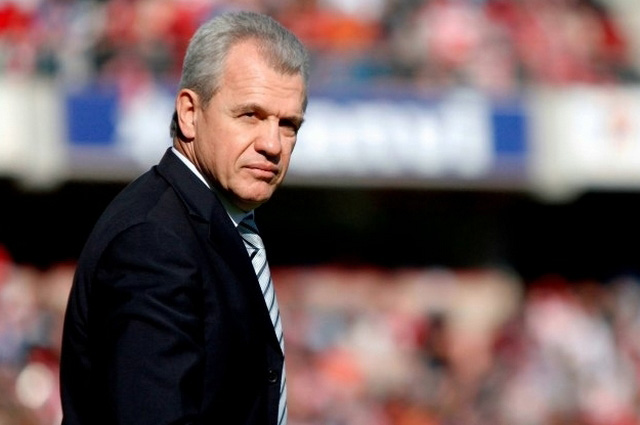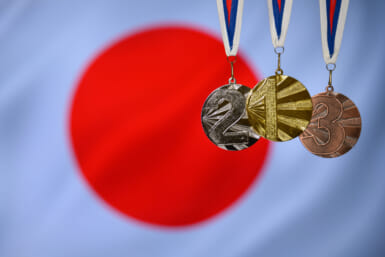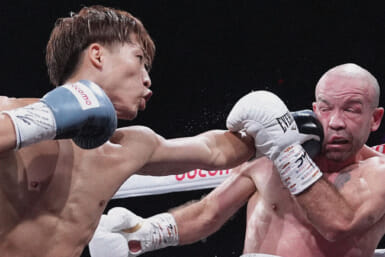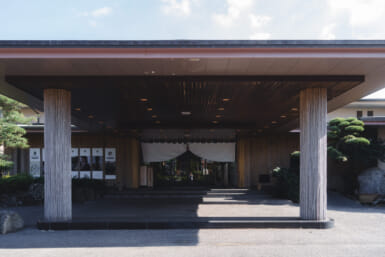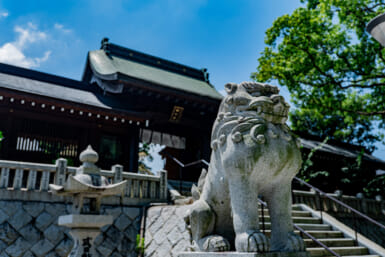An open secret for the past month, the JFA have finally confirmed that Javier Aguirre is the man they have chosen to replace Alberto Zaccheroni as the new manager of the Japanese national football team.
By Matthew Hernon
The appointment of the Mexican has hardly set pulses racing amongst fans of the Samurai Blue; however, he does arrive with a good international pedigree, having led his own country to the knockout stages of both the 2002 and 2010 World Cups. So just who is Javier “El Vasco” Aguirre and what can we expect to see from him over the next four years?
Introducing Javier Aguirre
The son of immigrants from the Basque region of Spain, Javier Aguirre grew up in Mexico City dreaming of becoming a baseball player for the Oakland Athletics. He says he wasn’t good enough to make it as a professional though, and decided to give football a go instead. Despite describing himself as a “mediocre” player who just “did the dirty work” for his team, Aguirre ended up winning 59 caps for his country, helping them to the Quarter-Finals of the 1986 World Cup in the process.
His managerial career began in Mexico with Atlante in 1995; he won the domestic title with his second side Club Pachuca a few years later, before taking the national team to the final of the Copa America in 2001 and then the second round of the Japan/Korea World Cup in 2002. His first managerial post in Europe came with Spanish side Osasuna, whom he guided to a fourth place finish in La Liga—their highest ever position. His next project was with Atlético de Madrid, who qualified for the Champions League for the first time in more than a decade under his leadership, but sacked him a few months later after a poor start to the following season.
“You’re going to make that bastard cry, I’m telling you,” he tells them. “You’re going to make him wish he’d never become a footballer.”
He returned home to manage the Mexico national team for a second time in 2009, helping to save their World Cup qualifying campaign after a disastrous start under Sven-Göran Eriksson. At the tournament itself they performed well in the opening round, but the Quarter-Finals once again proved beyond them after Argentina knocked them out at the second stage. Since then Aguirre’s results with Real Zaragoza and Espanyol have been less than spectacular, but his reputation as one of the finest coaches to have ever come out of Mexico remains intact.
His next challenge with Japan could prove to be his most difficult to date. He has never managed a non-Spanish speaking side before and the footballing culture here will be alien to him. The players are also going to need a lift after what was an extremely underwhelming World Cup in Brazil.
Shaking Things up
Javier Aguirre is expected to continue where Zaccheroni left off, playing an attack-minded, high pressing game with his full-backs looking to bomb on in support of the attackers. The one key difference between the two managers may be the former’s ability to mix things up during a game. As we saw during Mexico’s World Cup campaigns in 2002 and 2010, he is prepared to change the formation and style of play if required and that is something that was lacking from the Japan side during Zaccheroni’s reign.
“He (Aguirre) needs to have—and make sure the players are capable of executing—a plan B,” Japanese football expert Sean Carroll tells Weekender. “Japan’s passing can be a joy to watch when it comes off, but if they only have that approach they are very easy to play against.”
Carroll also believes the Mexican will have to “inject some belief and self-confidence in the team.” The Japanese squad boasts a number of technically sound individuals who can keep the ball very well, but in key games they seem to show too much respect to the opposition, letting sides off when they are on top and not showing enough character to fight back when they go behind. Consequently the mental toughness of the players has been called into question.
Conning the Players
In this regard the appointment of Javier Aguirre could be an inspired one. A master motivator, his greatest strength, according to the Guardian’s Spanish football correspondent Sid Lowe, is his ability to “con players into thinking they are better than they actually are.”
He continues, “Javier El Vasco Aguirre is the charismatic, amusingly potty-mouthed manager who tells his players they’re the Indians, defending their territory from the white man and whips them into a fury before big games, lining them up and traveling down the line explaining who they’re up against—and how it is their job to leave them a trembling wreck.”
“You’re going to make that bastard cry, I’m telling you,” he tells them. “You’re going to make him wish he’d never become a footballer.”
Aguirre’s motivational techniques have become legendary. In 2011, while manager at Real Zaragoza, he started calling and texting his own players’ wives prior to a game against Real Madrid. With suspicion beginning to grow, Aguirre decided to come clean and gathered the squad together the night before the game. He put a video in and one by one the players’ wives came on the screen, each with a solemn look on their face and a message: “I have something important to say, you know I love you, but I just need you to do one thing for me….Go and win this bloody match.”
Granted it was a bit cheesy, but it had the desired effect—Zaragoza beat Los Blancos for only the fourth time in their history. It shows the lengths the 55-year-old will go to in order to rally his troops before a big encounter. He expects them to spill blood on the pitch and that is the kind of attitude the Japanese players are going to need if they are to truly compete at the highest level.
“The likes of Algeria and Costa Rica impressed at the World Cup in Brazil with their togetherness and fighting spirit and that is something I believe is vital for a side at Japan’s level,” Carroll tells us. “That can be the ingredient which makes it possible for them to achieve the odd upset against an established nation.”
Moving Forward
It will be interesting to see how the Japanese side develops over the next few years. Perhaps we will see more youngsters from the J-League emerging to challenge established internationals like Keisuke Honda and Shinji Okazaki, who would have probably taken their places for granted under Zaccheroni. Javier Aguirre, who dropped some big-name players from the Mexican starting line-up at the 2010 World Cup, will hopefully use the up-coming friendly games to experiment with the squad as they prepare for the Asian Cup that kicks off in Australia at the start of next year.
“I think the Asian Cup should be used to blood new players and familiarize the team with Aguirre’s style of play,” Carroll says. “Of course success breeds confidence, but winning the tournament in 2011 didn’t do much for Japan in Brazil (bearing in mind there are more than three years between the two competitions), so more than the results I really feel that the performances and how the players adapt to the new coach should take precedence.”
Aguirre’s first game in charge will be against Uruguay at the Sapporo Dome on September 5, followed by a match against Venezuela at Yokohama’s Nissan Stadium on September 9.
Main Image: El Venezolano
Javier Aguirre, Samurai Blue, Japan National Football Team

